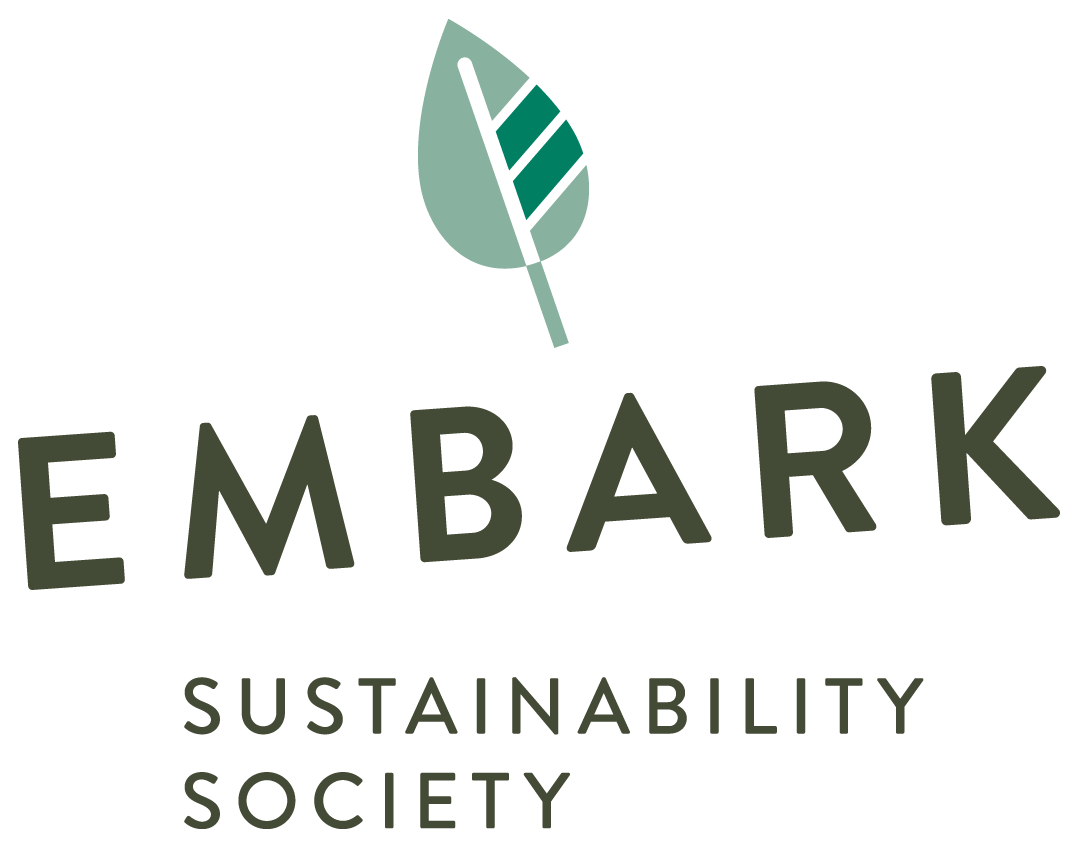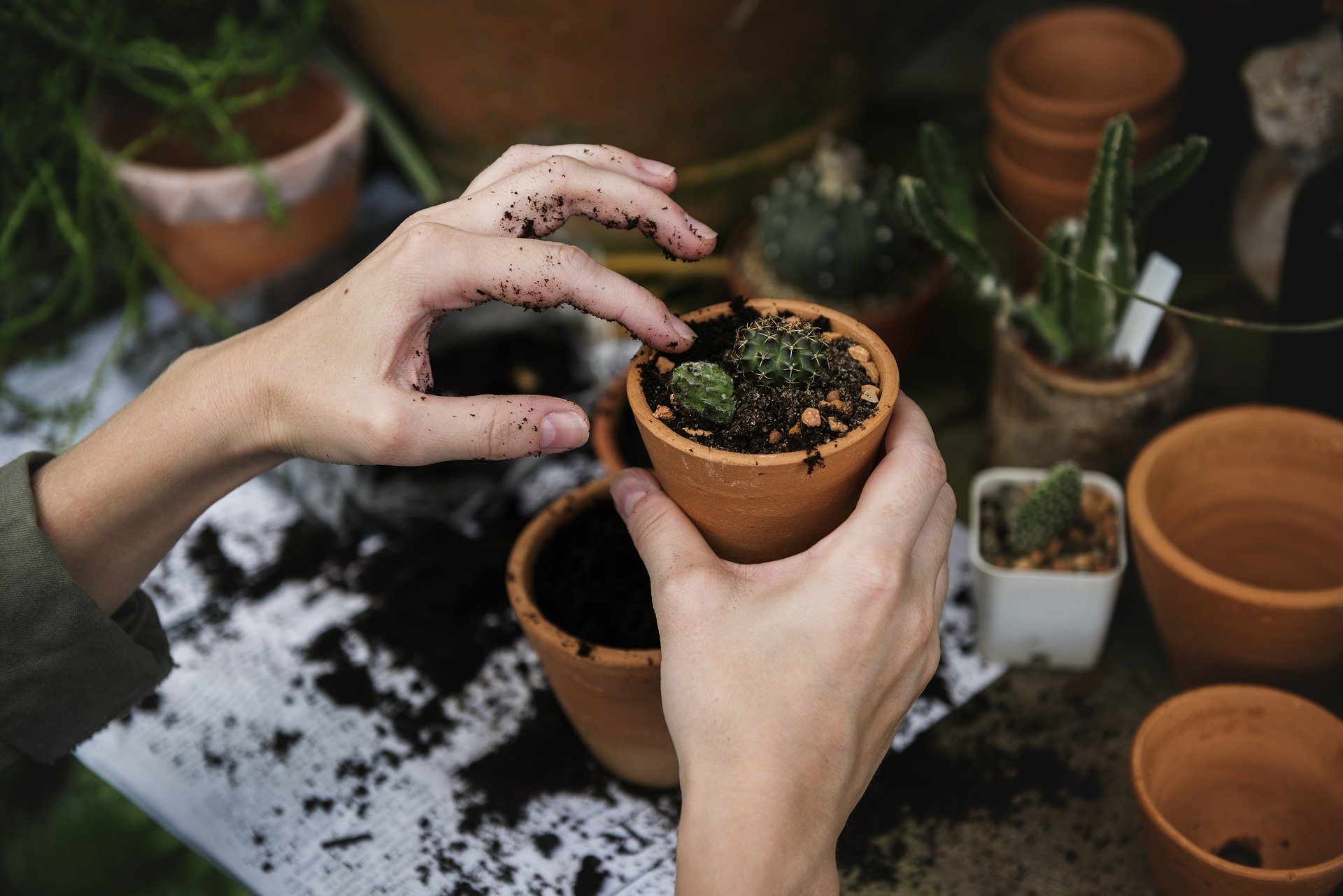Part I: Gardening, Food, and Living Sustainably
Written by Hannah Jensen.
Hannah Jensen is an Environmental Science student from North Vancouver. When she isn’t at SFU, you’ll find her working as a lifeguard, training for triathlons, or gardening. Her passion for the latter has inspired her to write this two-part blog post about her family’s very own vegetable garden!
I live on a corner lot with a big yard. Aside from the lawn, there is a West Coast garden full of ferns, huckleberry bushes, and cedar trees as well as numerous flower beds with everything from rhododendrons to poppies. While all of these gardens are beautiful, the best one of all is our vegetable plot. This summer, we have raspberries, blueberries, strawberries, rhubarb, lettuce, kale, potatoes, beans, peas, garlic, onions, carrots, radishes, tomatoes, chilli peppers, zucchini, and cucumbers in various stages of growth. We also have a grape vine that has taken over our trellis in the lower yard, a massive fig tree by the driveway, and an herb garden that provides year round.
Maintaining a garden means just that: upkeep. My parents both work full time; I myself split the year between full time school and full time work. But on weekday evenings and weekend afternoons, here we are, tools in hand, rain or shine. It takes an initial investment too. Equipment, soil, manure, seeds, and plants all come at a cost. Despite all of this, you’ll find us out there every year, pulling weeds and watering flowers.
Why do we do this?
After giving it some thought, I’ve come up with two main reasons:
The first is for the environment. Our garden, though man made, is still an ecosystem. There are aphids making their homes on the lavender plants while bees pollinate the roses; squirrels steal our strawberries while robins pluck bugs from the raspberries. In an urban environment, gardens are important green spaces. As such, we stay away from using pesticides, herbicides, and fertilizers. Our lawn is mostly composed of moss and weeds, and some of the lettuce has been quality tested by insects before we get to eat it, but hey, sharing is caring! We recognize that providing a habitat for animals is just as important as providing food for ourselves.
Growing our own food also allows us to eat more sustainably. It doesn’t get anymore local or organic than your own backyard. While Vancouver’s growing season is relatively short, at least there are a few months of the year where we are buying little or no produce from the US and South America.
The second reason is for ourselves. Part of this is obvious: while it costs money to plant and maintain a garden, free produce definitely saves money. However, there is another, lesser known reason: working in a garden is amazing for the mind as well as the earth. There is something fulfilling in reaping what you sow, something peaceful about the feeling of your fingers in the soil. It is something that many city folks have lost, but something we can do to reconnect with nature.
While having a massive garden isn’t possible for many of us, you can still get involved through community gardens like the Learning Garden at SFU run by Embark. You can also grow many different fruits and veggies in small spaces. Stay tuned for next week’s post on how to grow your own lettuce!

